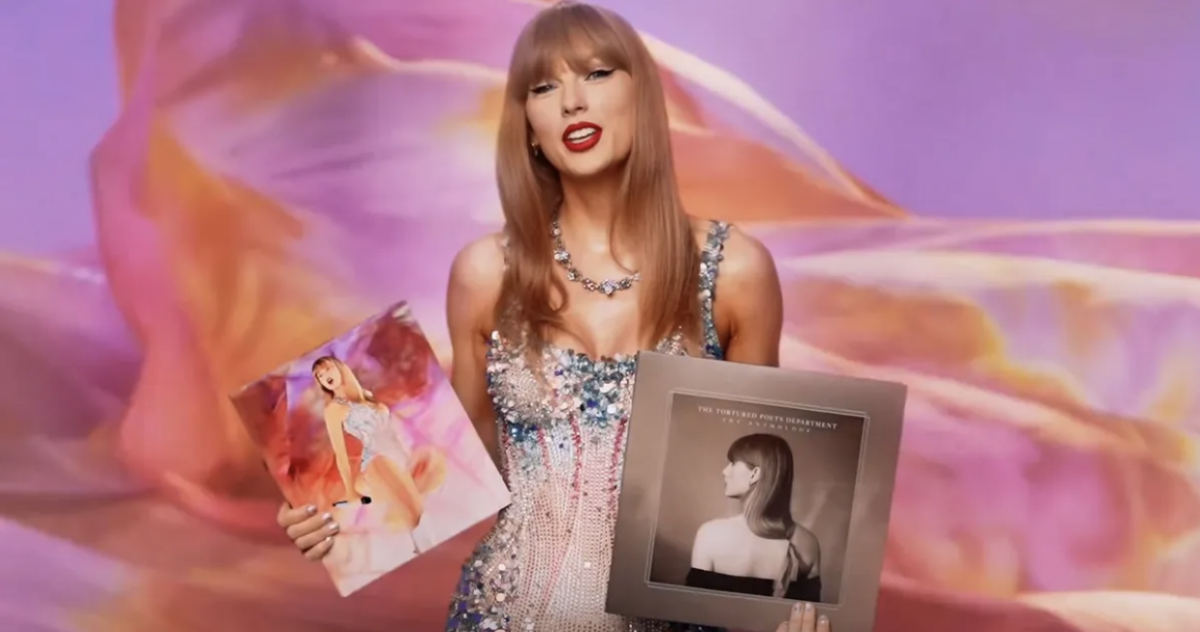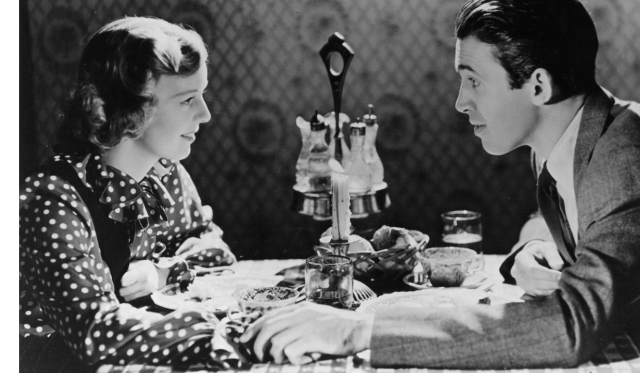Fragile Masculinity
Daniel Craig carrying his baby in a papoose
October 30, 2018
Nothing less than a parent taking care of their child, a father simply carrying his daughter was perceived as “emasculating” by TV presenter Piers Morgan, who mockingly insulted James Bond actor Daniel Craig for publically wearing a baby carrier, also known as a papoose, on October 15. Twitter users were quick to criticize Morgan, calling him out on his fragile masculinity. (BBC)
Why is a father ridiculed for caring for his daughter? Is it because a woman is stereotypically expected to take care of their children? Should men not be seen in public performing motherly acts? Morgan was obviously bothered by Craig performing his fatherly duties, but why?
In society, there is a toxic mindset that is branded onto youthful minds, trying its best to mold every individual into his or her gender stereotype. Men are tough, superior, smart, and straightforward. Women are delicate, emotional, dependent, and nurturing. Not that any of those adjectives are bad, but the enforcement of those traits can be harmful to a developing individual who wants to live free of societal expectations. People are raised in a manner where this is this and that is that, and challenging widely accepted narratives can evoke pessimistic judgement.
After the backlash, Morgan affirms that he “just hates papooses,” but the greater majority believes he is trying to steer clear away from the reality of his frail manhood. (BBC) Because he hashtagged “emasculatedBond,” most claim Morgan was, in fact, insulting Craig for appearing feminine.
Fragile masculinity is present even in everyday activities. When a male is doing anything remotely feminine, he is immediately called “gay.” Take BTS, the Korean music group, for example. Looking at their physical appearance, some would immediately say they’re “girls” or “gay.” But in reality, they are comfortable in their sexuality and continue to challenge the concept of society’s gender roles. In public, onstage, and in music videos, they wear makeup and clothes that would not seem “manly” to the public. Still, their ability to freely express their creative vision stems from refusing to tunnel their artistry.

Being feminine in society is also seen as being weak and powerless. Antonio Esteban (12) admits that “people are competitive by nature, especially guys,” and that leads their actions to prove their manliness; women also play into this narrative because they are “typically more attracted to masculine men.” Derick Ma (Former Student) adds that “people are just afraid of criticism.” Because even though society has done a better job with breaking down gender roles, there are still “traditionalists that refuse to accept the realism that every individualistic person is different.”
People also tend to have a hard time differentiating between self care and society’s perception of masculinity. Tending to oneself is normal. Skin care is not gay. Basic hygiene is not gay. Wearing different gender clothing is not gay. Publicly expressing one’s feelings is not gay. Trim those eyebrows to look good; have a skincare routine; cry all the emotions out. Resist conforming to the mindset that “men are masculine,” because the reality is that they don’t have to be. These destructive expectations hinder the opportunities for individuals to fully express themselves the way they want to because they fear the mockery that society will propel at them. Live a life where comments don’t matter; wear and do what brings joy. Life is short, but it’s even shorter when one has to shield away from what truly makes him or her happy.




































